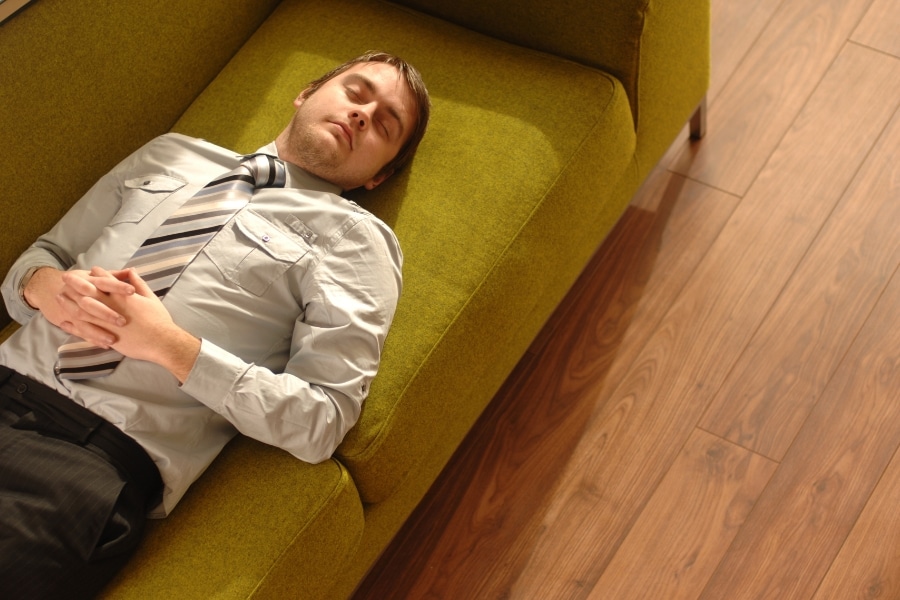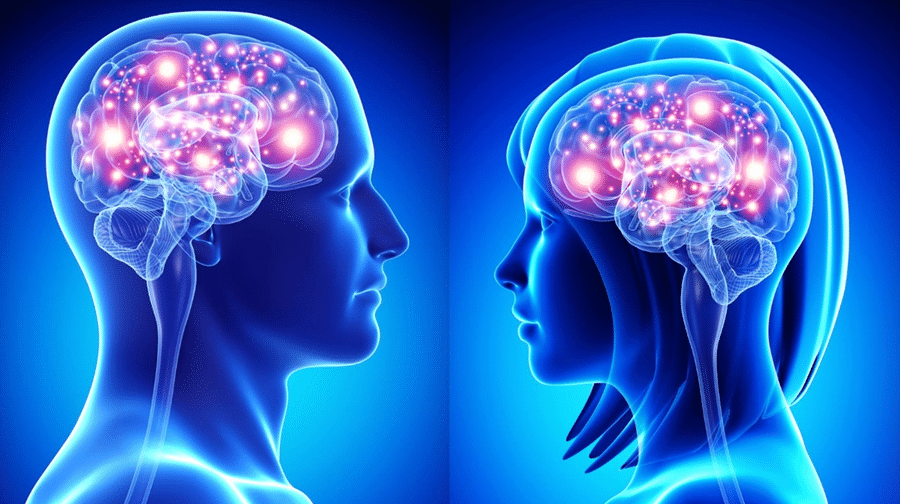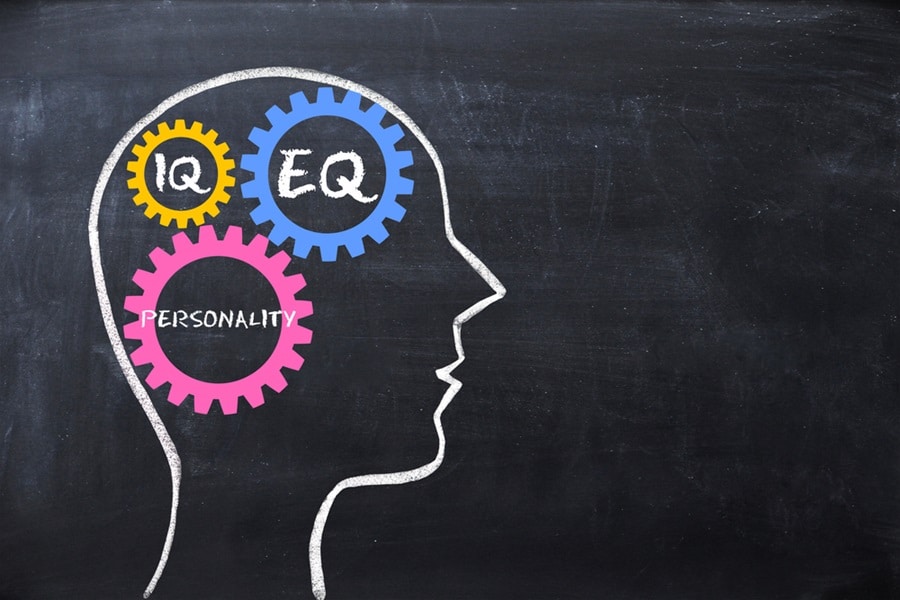Has everyone suffered from anxiety? Or, probably, it occurs to just a few people. It’s a significant question for society to understand and identify the root cause of these issues and give full support to those who are suffering from anxiety and depression. A study conducted in 2017 found that 77 percent of participants were not following a daily routine and were physically inactive for about 12 hours per day. A sedentary lifestyle and inactivity affect mental health as well. In the Modern world, most people have stress. If you start experiencing sleep deprivation, panic attacks, or forgetfulness, you must see a specialist for your anxiety management.
Contents
Depression and Anxiety Disorder

Whereas an anxiety disorder is very different. It is called a nervous disorder described by a state of heavy uneasiness and apprehensions, generally with panic attacks. This disorder is not normal at all, and it can affect any age group, specifically those who have experienced trauma and are genetically prone to an anxiety attacks. The two depression and anxiety conditions are not the same. Depression may cause feelings of aloofness, hopelessness, and a lack of interest in everything, whereas anxiety, is attached to worry stress and tension.
All of us are likely to suffer from anxiety at some point in time in our lives. Experts say that prescription medications can be very supportive of people who are under pressure, depressed, or having anxiety attack issues in the short term. Long-term medication side effects are precisely yet to be known. According to experts, to balance the high levels of neurotransmitters in the brain, it makes more receptor points that the neurochemicals attach to. That is why people quite often feel better with medications till the time new receptor points are created, so the brain returns to the latest normal.
With an extra balanced number of transmitters to receptors. This balancing act again and again of receptor points becomes the reason for a plateau in the medication’s effectiveness, hence it may eventually become less effective. At the same time, it gets difficult for people to leave medications over a period of time, so people stay on them to save themselves from any withdrawal symptoms. Medications for anxiety and depression management surely have their place. Understanding and learning anxiety-lowering techniques will help come out of these medications and take control of your mental health.
The Drawbacks of Medications
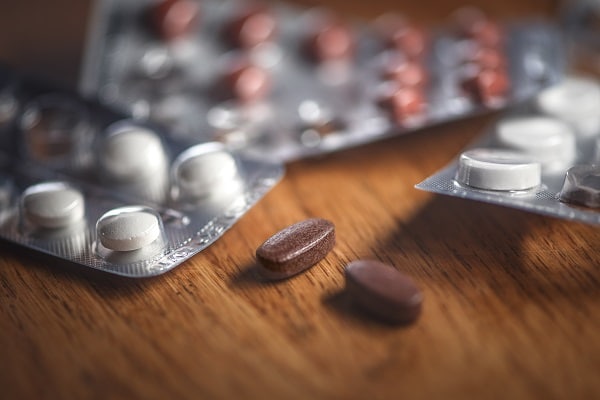
Drawbacks of consuming medication for depression and anxiety for longer periods
There have been numerous cases of long-term use of antidepressants for depression and anxiety and their adverse side effects on patients. Keeping the adverse effects of antidepressants in mind, an online survey has been conducted.
Experiences and views were recorded by about 180 patients, who were using antidepressants for a long time, say, 3-15 years, in an anonymous online survey. Participants had been asked for rating scales about the impact and effect of these medicines, level of depression before and during antidepressant use, quality of life, and experience of negative effects.
Usual negative effects, withdrawal symptoms, sexual issues, excess weight, unstable mind, indecisiveness, no enthusiasm, lack of concentration, etc., were reported. Unfavorable emotional impacts, such as feeling emotionally numb, clueless, and addicted to medication, were common too. A lot of patients showed concern and were really worried about all these unfortunate effects. Some patients had expressed a need for authentic information about the risks of long-term medication and support for accurate information and alternatives so that they can discontinue.
First and foremost, point identifies your triggers, it may take your time, and at the same time, self-introspection is also essential. Meanwhile, you can try techniques to reduce your anxiety and keep calm so your mind can feel relaxed. Anxiety or depression usually flares up at the most inconvenient times, even if you are at work or cooking dinner. The world doesn’t stop for you when you are having an anxiety episode since all are busy in their own world. Meditation, yoga, and baths may take a long time to put your anxiety at ease. Several times, you must work with whatever time you have in hand, and quite often, only a few minutes.
Thankfully, psychologists understand this phenomenon completely. They know you are busy, so they have developed ways to support you in beating anxiety in as small as 1 minute.
Say bye to anxiety and depression, and try these techniques. Mostly it works!
Get relief from Anxiety in 1 minute
-
- Practice deep breathing. Keeping your eyes closed, sit easily, and take deep breaths.
- Eat dark chocolate or your favorite chocolate.
- Glance over your positive, happy photo album.
- Call up someone whom you are comfortable with.
- A fragrance that relieves stress and anxiety is available in the market, and you may keep it handy. Instantly you may feel uplifted. Bach flower therapy has such fragrances.
Get Relief From Anxiety in 9-10 mins

Practice alternate nostril breathing techniques. Sit comfortably in a cross-legged position either on the sofa or on a yoga mat, spine straight. Starting from the left nostril, take a breath in from the left nostril, exhale from the right, inhale breath from the right and exhale from the left. This is one round. Continue this for at least 8-9 rounds. Keep taking deep, slow, and long breaths. You will feel an immediate shift in your nervous system. You will feel completely relaxed, and your mind calm.
Everlasting bliss and say over your mind positive affirmations like: “everything is perfect in my world, whole and complete; there’s no lack in my life”.
Short-term practices fetch short-term results. Eventually, you will have to plan a regular schedule of yoga and meditation. Start searching for a popular breath and meditation workshop. You may find it easily on the internet. You can have a daily routine of yoga, meditation, and balanced meals to be healthy and to save your mind from negative emotions like depression and anxiety. A holistic approach to lifestyle has been a proven sure shot in the long term. One must practically experience this. Take a few days to break from toxic, oily food. Try vegan food for a change.
Internet, news channels. Daily get up a little early, go for a morning walk, make friends, and have them over weekends for chit-chat and food. Start some sort of social work, very essential for mental health apart from daily meditations.
The most popular Natural Therapy Methods and Their Respective Benefits
Homeopathy Therapy
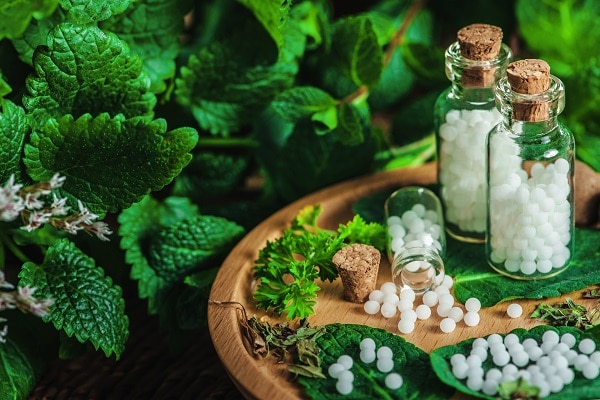
This system of natural medicine was devised around the 18th century by Samuel Hahnemann, a German physician. It follows the same principles that vaccines do. Natural elements and substances are prescribed in extremely small doses, which in turn increases resistance to those certain symptoms.
Treatment in this medical system differs from person to person as prescribing is highly specific, and no two treatments will be the same, which also makes it tough to study this system in clinical trials.
Remedial Massage

In Remedial massage therapy, muscle tension, ligaments as well as tendons are treated. It utilizes a hands-on treatment method that stimulates & increases blood flow, relieves muscle tension, and restores the function of soft tissue. Techniques include deep tissue massage, and sports massage, among others techniques.
Nutrition

Nutritional medicine is practiced by various health professionals, which include nutritionists and dieticians. Nutrition medicines allow the tailoring of diets based on the needs of individuals to improve well-being and prevent illness. It aims to reduce or eliminate nutritional deficiencies. Foods containing certain nutrients are prescribed along with their amount as well as time for consumption through a dietary plan
Conclusion
Although there is no scientific background and a scientific assurance of each of these natural alternatives. Due to a lack of scientific background and a lack of board overseeing and guiding practitioners, patients will have to accept the risk and personal responsibility for the effects of the therapy if they intend to follow through with a complementary therapy system. Physicians and natural therapists should work together for better and ideal results in the end due to the comprehensive and tailored treatment which would be available for the patient. This approach would help in eliminating or reducing the side effects of the medicines while simultaneously lowering the risk of illnesses and aiding in treatments.
